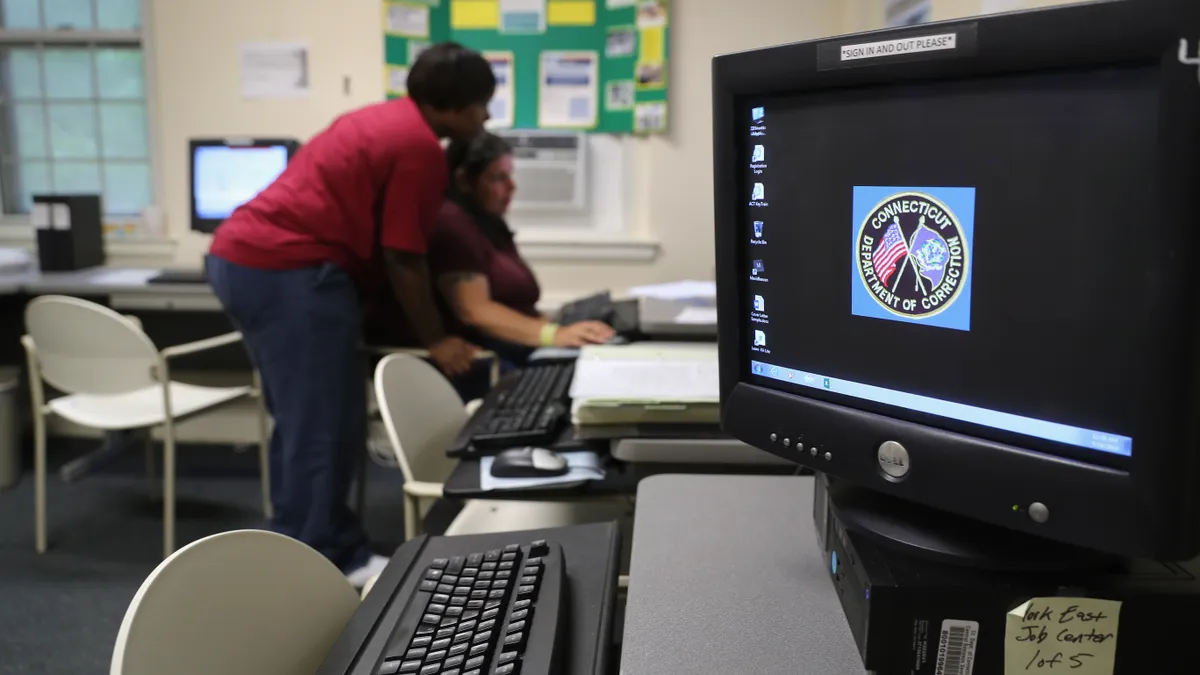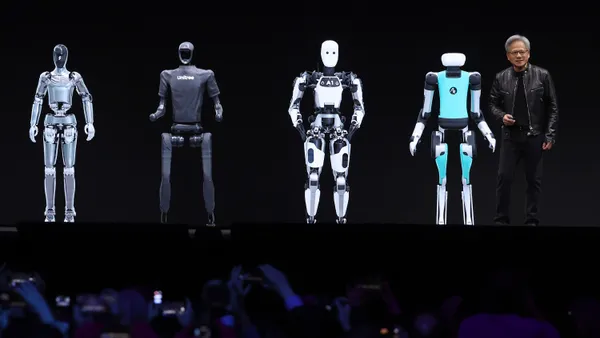Virtual job interview training can help people returning from incarceration to improve their job prospects by practicing interviews in realistic scenarios, according to a study published Aug. 5 by University of Michigan researchers.
In the study, an online simulator boosted participants’ confidence, improved their interview skills and sped up their path to employment.
“Implementing virtual job interview training within vocational services could bridge a critical gap in employment readiness, thereby helping returning citizens to overcome barriers to employment,” Matthew Smith, the lead study author and a professor of social work at the University of Michigan, said in a news release.
Smith and colleagues partnered with two Michigan prisons to conduct a randomized controlled trial and evaluate whether the online simulator could improve post-release employment outcomes. Two-thirds of the 100 participants received the virtual training while enrolled in a pre-release, trades-focused employment readiness program.
Six months after their release, 82% of participants who took the training obtained employment — and they had better odds of securing a competitive job within six months than the nonparticipant comparators. They also had faster time-to-employment and reported better job interview skills, greater job interview motivation and lower interview-related anxiety.
The study was funded by the National Institute of Justice, Office of Justice Programs and Department of Justice. The research team said the findings could lead to more interest in virtual training to help people after prison release.
A second-chance hiring program in Colorado has shown encouraging results for formerly incarcerated workers, according to a study by University of Denver researchers. New apprenticeship programs — with on-the-job training and mentorship — can also support hiring and training for workers with a criminal record.
HR professionals can take the lead in advocating for these programs, as well as support empathy training for managers and recruiters who may not be familiar with the obstacles that formerly incarcerated workers face. Potential workers may face barriers related to transportation and child care, for instance, which hiring managers can address during interviews.















